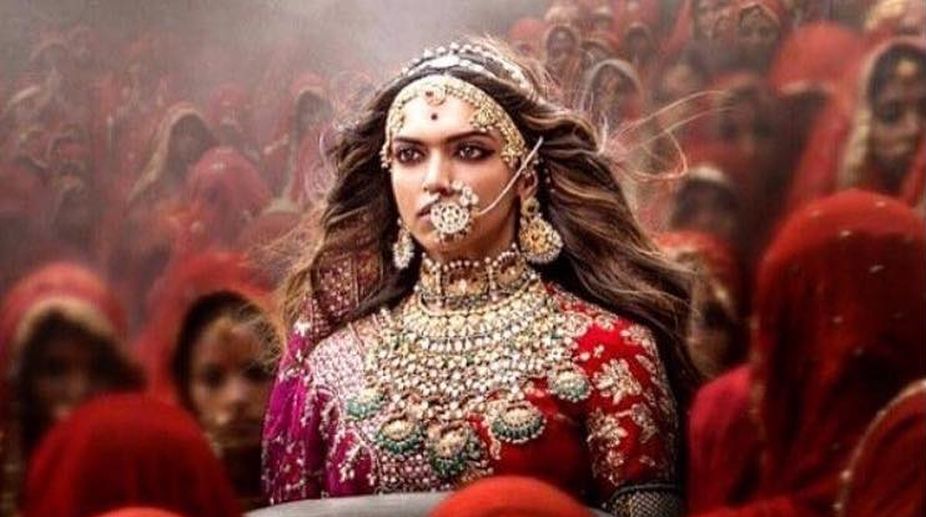Kangana’s ‘Emergency’ agrees to suggested cuts; Bombay HC disposes plea
‘Emergency’ co-producer Zee Entertainment informed the Bombay HC that it has agreed to the suggested cuts. Film expected to hit theatres soon.

'Padmavati' (Photo Credits: Facebook)
It was characteristic in places where the rule of law did not prevail ~ or where rough and ready denouements were the norm ~ to post bounties on the heads of fugitives. Rewards were posted, and reprisals ordered by totalitarian regimes, as Nazi Germany did after the assassination of Reinhard Heydrich in Prague. But for a civilised country to see bounties being announced publicly on the heads of a film director and actor defies belief. It would be an understatement to say that several unusual events have taken place over the past few days surrounding the film, Padmavati. The first were violent protests in Rajasthan predicated on the belief that the film offended the sensibilities of Rajputs. From all accounts, these were based on conjecture about the content; certainly, none of those leading the protests averred that the objections stemmed from actual knowledge of the plot or storyline.
Next, a state government which had allowed the protests to continue unhindered jumped from conclusion to premise and petitioned the Minister for Information and Broadcasting to ensure that the film was not released without changes. Third, the film maker in a desperate effort to establish his bona fides privately screened the film for television journalists and obtained from them a certificate ~ aired on prime time ~ that it neither was nor could be considered offensive and that it was, on the contrary, a celebration of Rajput valour. This move was rightly deprecated by the head of the Central Board of Film Certification, as it set an unhealthy precedent. After all, journalists cannot just usurp the role of a body established by law to evaluate cinematic content. As if these departures from normal weren’t enough, an assortment of groups and individuals announced rewards of up to Rs 10 crore for the heads of the film maker and the female lead actor. Such acts are proscribed by the Penal Code, but there is nothing to suggest that prosecution for criminal intimidation or incitement to violence is being contemplated.
While the right to freedom of speech and expression is circumscribed by the doctrine of reasonable restraint, there is nothing in the Constitutional scheme to suggest that restrictions should be placed ~ either peacefully or through violent protest ~ before the test of reasonableness is applied. In this case, it has not. The CBFC, often erroneously referred to as the Censor Board, is a body tasked with evaluating and certifying films. Its task is not to alter or distort content. While changes may be suggested, these must be reasonable. Certainly, they cannot be ordered because an organisation or individual has prejudged a film, or demanded changes at gunpoint. To allow this would be to surrender freedom at the altar of expediency. It is pointless to blame, as some commentators are doing, the ruling party alone for this state of affairs. On the eve of a key election, the Opposition hasn’t exactly covered itself with glory, nor do we see its leaders crying out in support of free speech.
Advertisement
Advertisement